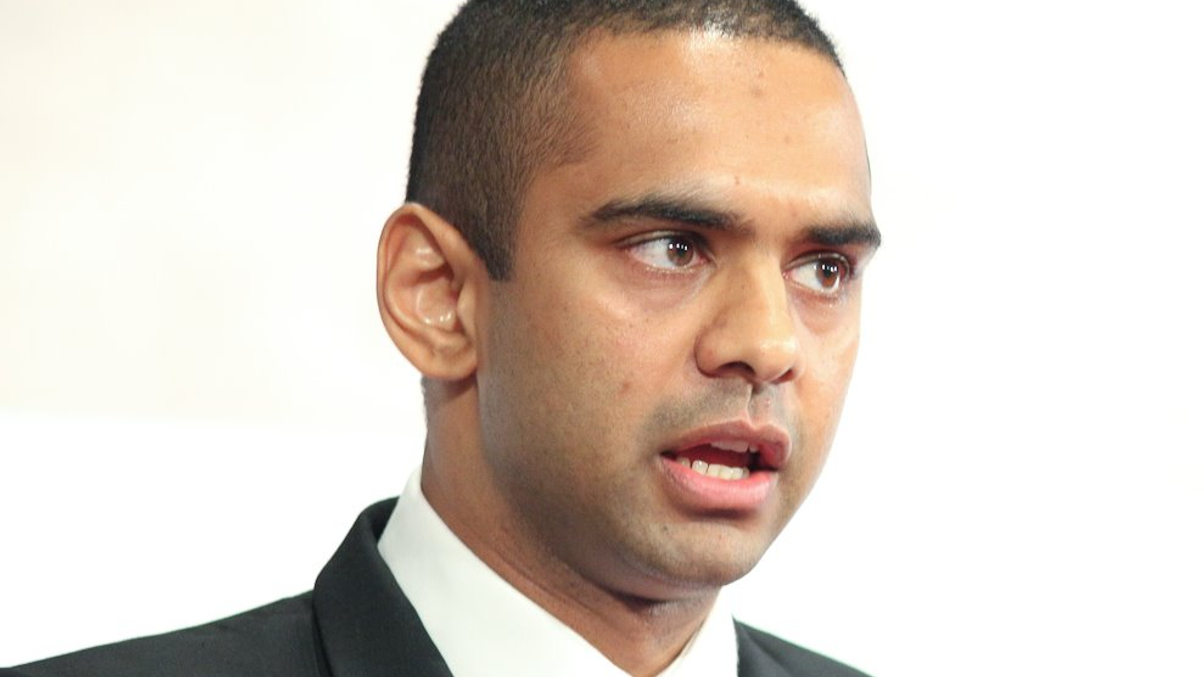Asset management salaries rising faster in Asia than US
Projections suggest total compensation in Asia is up 8% in fixed income and 10% in equities this year, rising quicker than in the US, although Asian professionals still earn substantially less than their US counterparts.

Take-home pay for investment professionals is rising faster in Asia than in the US, although total compensation still lags considerably, according to research firm Greenwich Associates and compensation consultancy Johnson Associates.
Sign in to read on!
Registered users get 2 free articles in 30 days.
Subscribers have full unlimited access to AsianInvestor
Not signed up? New users get 2 free articles per month, plus a 7-day unlimited free trial.
¬ Haymarket Media Limited. All rights reserved.


